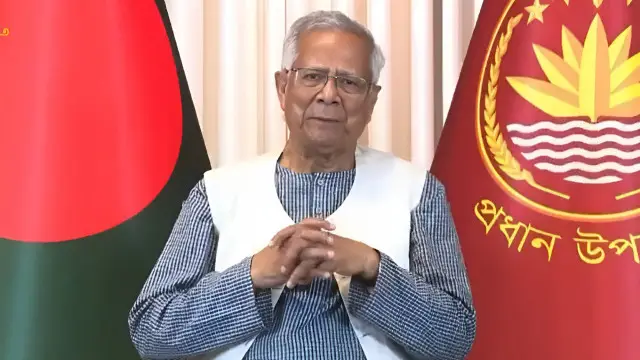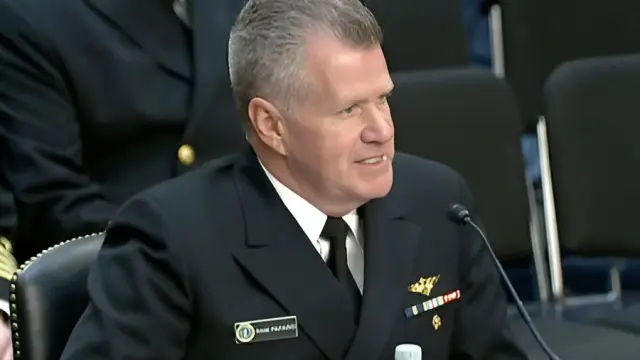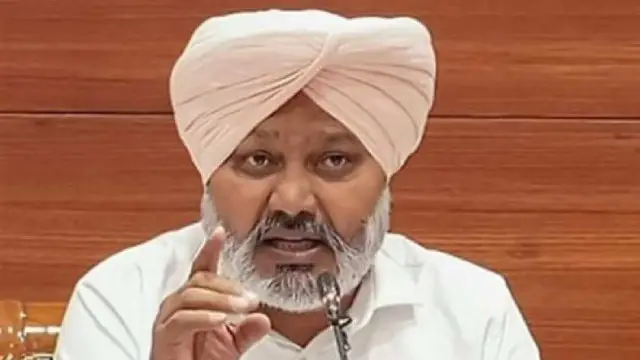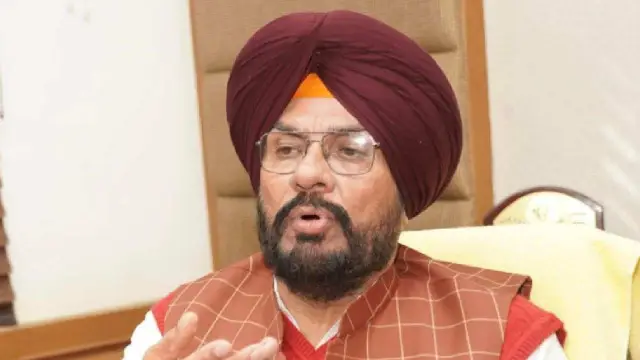The Space King Joins the Power Game-Can a Foreign Billionaire Bend America's Democratic Will?
Elon Musk’s America Party has jolted the U.S. political map. But with no path to presidency, is this a visionary intervention—or a calculated move to reshape or ruin 2028's outcome?

International News: Elon Musk has done it again—this time, not with rockets, but with rebellion. Midway through America's Independence Week, on July 5th, he dropped a political bombshell: the launch of the America Party. Marketed as a revolution against outdated bureaucracy and political decay, the party was announced on his own platform, X, instantly mobilizing over a million digital backers. But behind the glamour lies the real puzzle—why is a man who can never be president suddenly shaping the political chessboard? The timing—just three years ahead of the 2028 election—is too sharp to be dismissed as coincidence.
2028 Spoiler or Savior?
Several political experts argue that Musk may be playing the long game, not to win, but to disrupt. By attracting disenchanted independents and tech-savvy youth, the America Party could peel votes from both parties. Some believe it may act as a "spoiler," tipping battleground states in unpredictable directions. Others suggest Musk could indirectly aid or weaken a candidate, especially if his voter base overlaps with centrists or libertarian-leaning conservatives. The true motive remains unspoken—but its timing is too precise to ignore.
Constitution Keeps Him Out
Musk, born in South Africa and naturalized in 1988, is barred from the presidency by Article II of the U.S. Constitution. The "natural-born citizen" clause, long-debated but never altered, firmly shuts the Oval Office door for him. Yet his refusal to challenge the clause hints he’s not interested in amending it—possibly because the mission lies elsewhere. Legal scholars say no pathway exists unless a full amendment is passed, something politically improbable. This keeps Musk in the influencer’s seat, not the throne.
Not Power, But Leverage?
Musk has publicly stated he doesn't want to be president. "I prefer engines to elections," he once joked. Yet critics note that not wanting power doesn't mean lacking influence. With SpaceX, Tesla, and X at his disposal, Musk commands unmatched cultural capital. He may not need to run to rule. His party could shape debates, bend agendas, and pressure real candidates without fielding a nominee. It's disruption as leverage—the Silicon Valley way.
Policy Platform, or Political Chessboard?
The America Party's manifesto promotes deregulation, AI governance, immigration reform, and space exploration. But insiders claim the specifics are less important than the movement. Some even speculate it's a policy Trojan horse: flashy goals to draw voters in, while the real objective is tactical disruption. Critics call it a billionaire's hobbyhorse; supporters see a 21st-century Jefferson. But if the party runs candidates in key swing districts, even 5% vote shifts could rewrite the electoral calculus.
Trump, Musk, and Mutually Assured Disruption
Current President Donald Trump has clashed with Musk post-2024, especially after policy disagreements emerged. Trump mocked Musk's political flirtations, while Musk questioned Trump's economic strategies. Some observers speculate Musk’s party is a form of indirect revenge—not against Trump alone, but against a system that boxed him out. Their rivalry now defines an ideological split: nationalism vs techno-globalism, old politics vs futurist rebellion. And the stage for 2028 may be their unintended battleground.
The Mastermind Behind the Curtain?
Whether or not Musk wants power, he undeniably controls the narrative. From algorithm to agenda, the America Party is a megaphone only he can wield. In a nation addicted to spectacle and technology, that alone might be enough to steer elections. He may never appear on a ballot—but he may write the script for those who do. As America edges toward 2028, one question lingers: is Musk a disruptor—or a designer of destiny?















